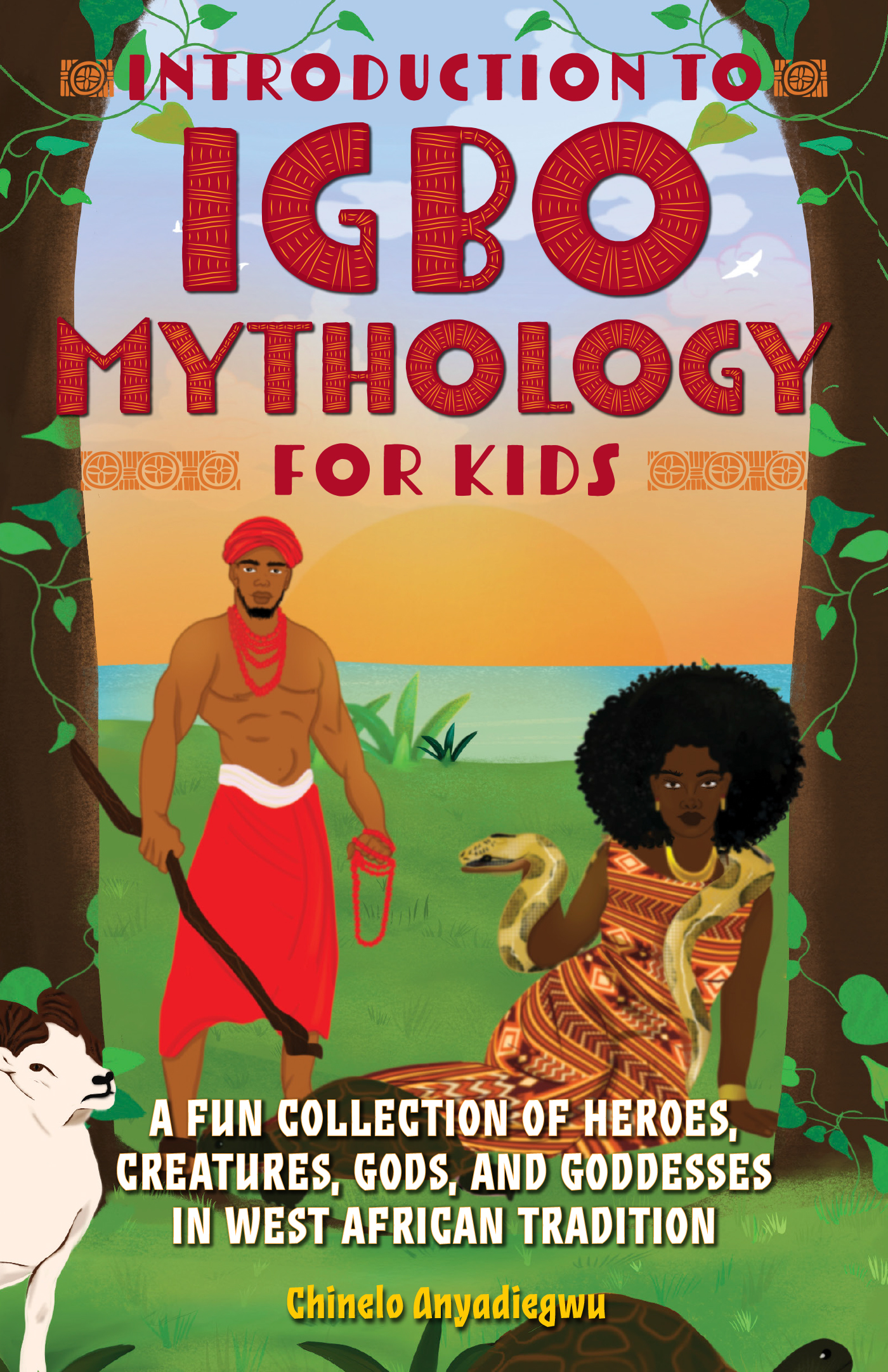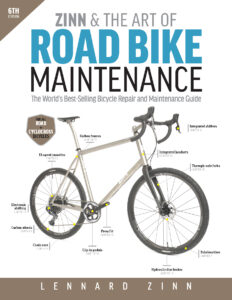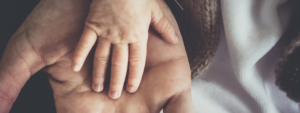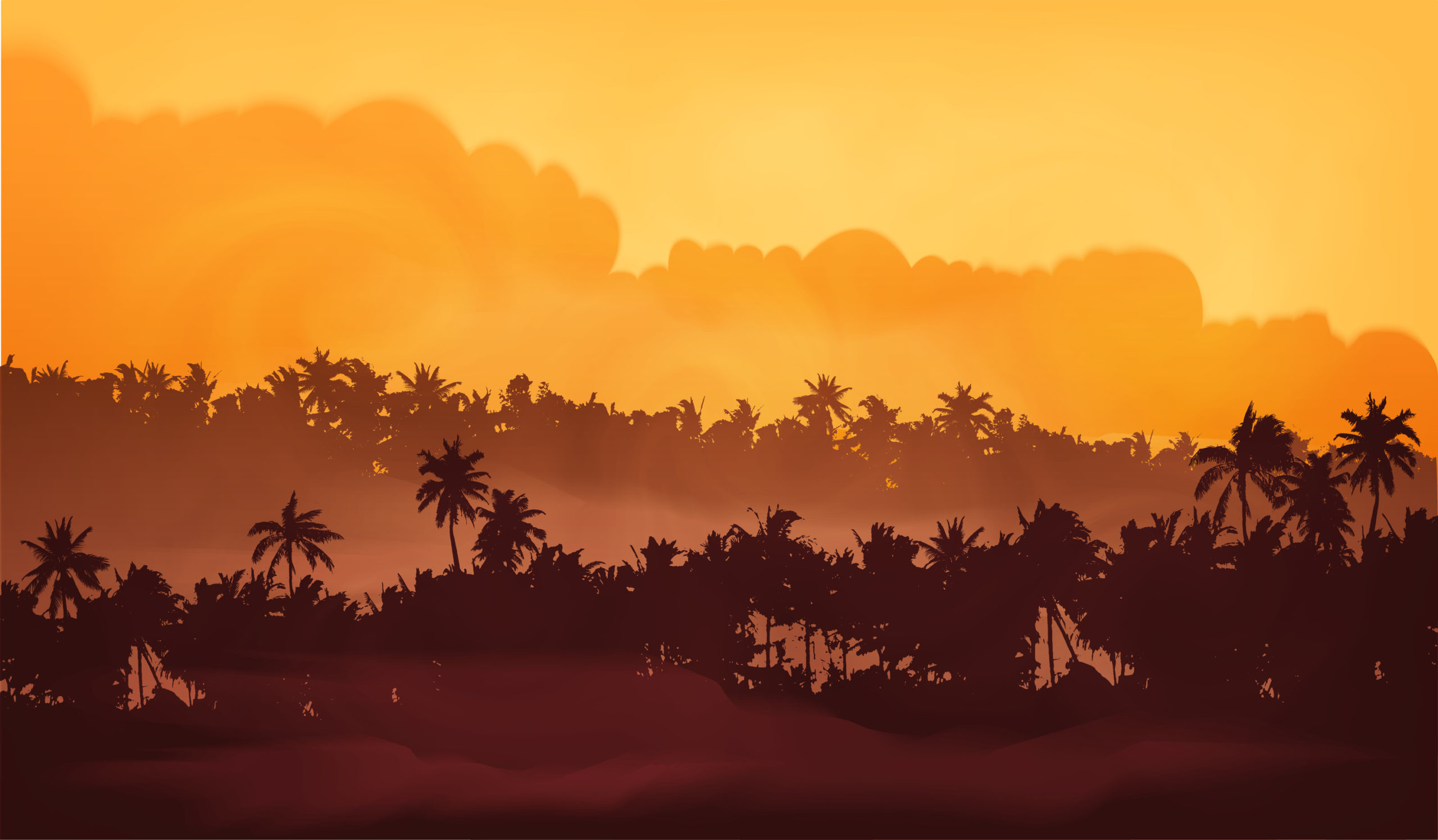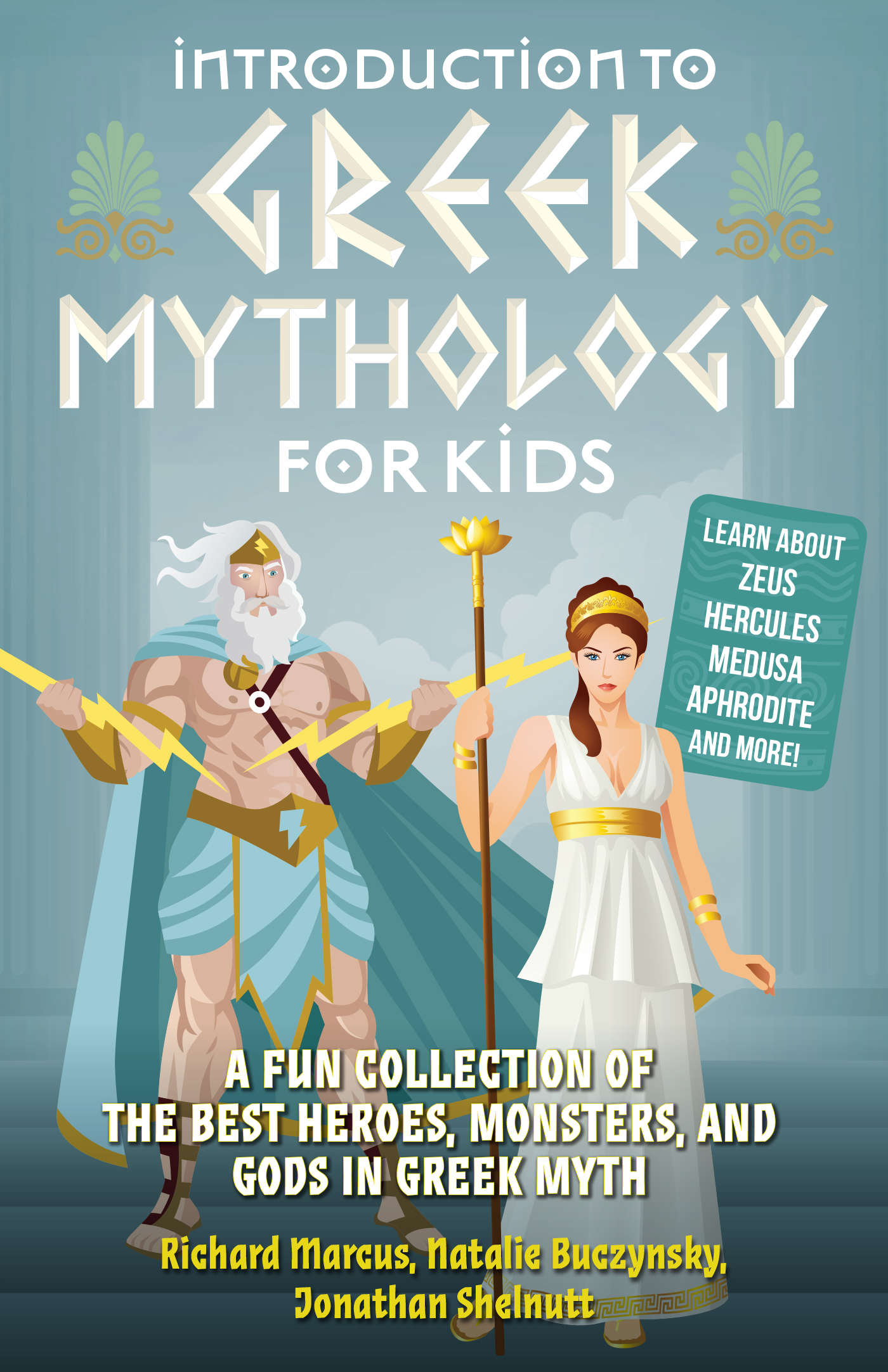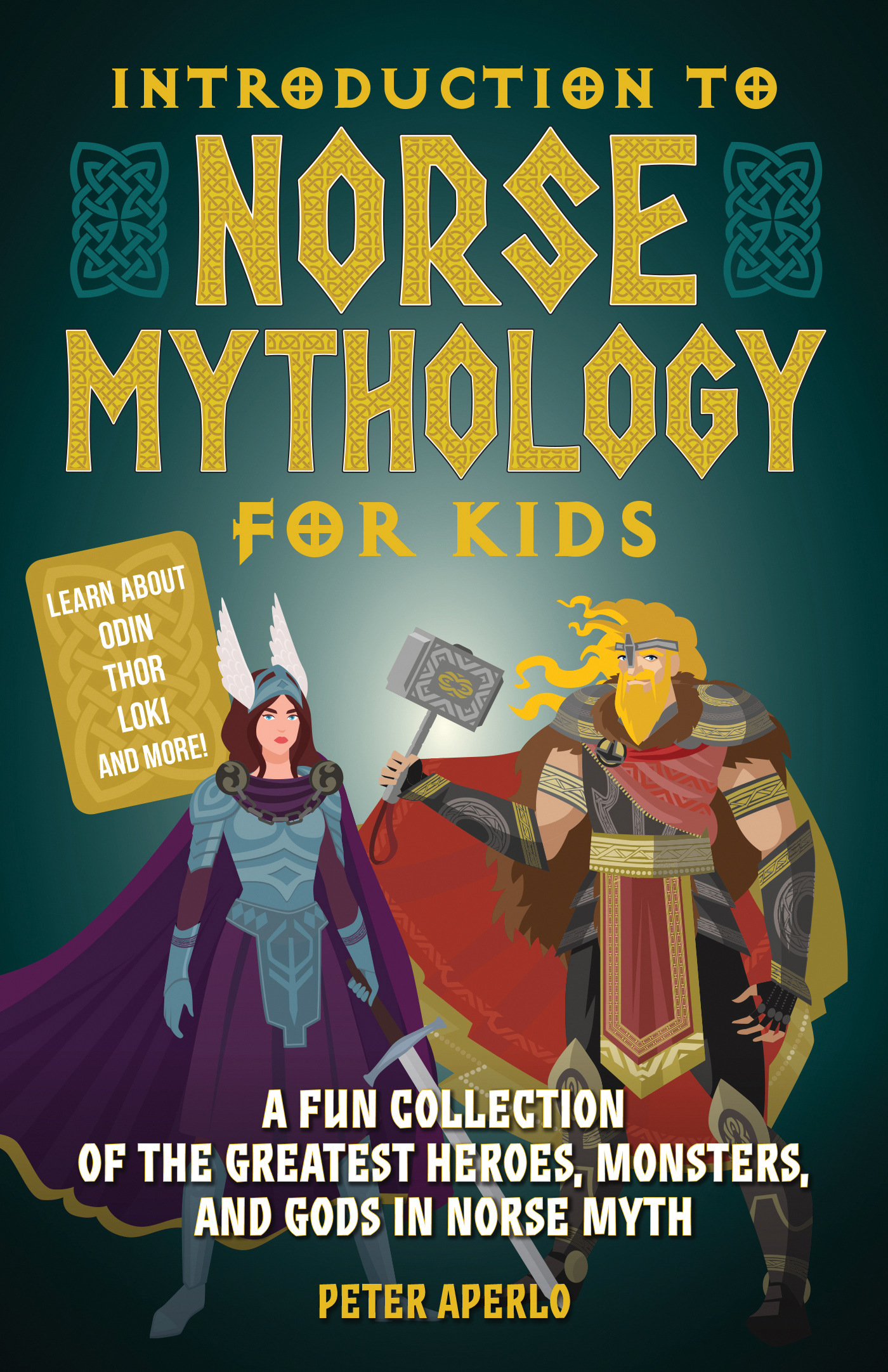
Igbo Stories for Kids: The First Mermaid (and More Igbo Mythology)
- Book Sample
Discover Igbo stories for kids of heroes, tricksters, and adventures with our new Introduction to Igbo Mythology for Kids! This is the first definitive collection of Igbo legends and traditions for kids, this book explores the mythological origins of the Igbo people, the ancient Nri Kingdom, and Igbo cosmology before delving into the Alusi, or the core Igbo deities.
Find an excerpt from the book about Adaku and The First Mermaid below:
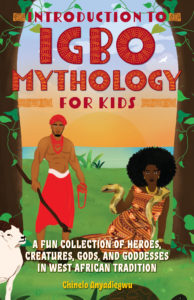 Adaku woke up with an itch. It was a familiar feeling, but tiny ants’ feet prickling her skin was not the ideal sensation to wake with. She sat up, shuddering, and shaking the feeling out of her arms. Adaku got to her feet and rolled up her raffia sleeping mat just in time for her mother to swing aside the woven curtain that separated her room from the rest of their house. Adaku was the only one in her age grade who had their own sleeping space. Everyone else had to share space with a sibling—or four—but her parents had just her and her younger sibling, and he was too young to sleep by himself. By the time he needed a room, she would be living on her own, or married. The thought jolted Adaku out of her musings and she focused on her mother.
Adaku woke up with an itch. It was a familiar feeling, but tiny ants’ feet prickling her skin was not the ideal sensation to wake with. She sat up, shuddering, and shaking the feeling out of her arms. Adaku got to her feet and rolled up her raffia sleeping mat just in time for her mother to swing aside the woven curtain that separated her room from the rest of their house. Adaku was the only one in her age grade who had their own sleeping space. Everyone else had to share space with a sibling—or four—but her parents had just her and her younger sibling, and he was too young to sleep by himself. By the time he needed a room, she would be living on her own, or married. The thought jolted Adaku out of her musings and she focused on her mother.
Nkem smiled at her daughter and pushed the basket in her hands in Adaku’s direction. “Ada, are you up? Come and take your basket. Let’s go.”
Adaku quickly greeted her mother. “Enh, Mommy, good morning. I just woke up.” She grinned and then averted her eyes. “Let me freshen up quickly. Then I’ll join you outside.”
Her mother laughed and shook her head. “But if I told you to go to the river now, you would be ready even before the rooster crowed.” She turned to leave the room, saying the last few words as the curtain fell behind her. “Okay, I will wait for you outside.”
Adaku stared at the curtain for a moment, then she rolled up her sleeping mat and put it away in the corner of her room with her other belongings. She looked through a small cloth bag, pulled out her chewing stick, and headed out of her room. Her younger sibling Kaira, waddled out of the room he shared with their parents and gave his sister a big grin while stretching out both hands. Her father followed behind him and scooped him up, causing Kaira to erupt in a fit of giggles.
“Nnànnà ka anyi ga kpata nkụ (Let’s go and fetch firewood).” Keeping a firm hold on the giggling boy, he swung him over his shoulders. Kaira stretched his hands, and his fingertips just touched the wooden beams of their ceiling. Adaku’s father walked toward his daughter and rested a hand on her head. “Did you sleep well, Ada?”
Adaku nodded and hugged her father before following him outside. Her mother, Nkem, was outside the house in deep conversation with Chizoba, her elder sister. Seeing the trio come out, they stopped talking, and Chizoba waved her hand in greeting, addressing Adaku’s father first. “Ugonna, good morning, you’re going to get firewood? Bring us some too, oh.” She patted Nkem on the back and turned to walk back toward her house on the other side of the compound.
Adaku had a bad feeling about their exchange, but she focused on getting ready. The sooner she could go to the market, the sooner she could leave. At that thought, the tingling under her skin got stronger, and Adaku rubbed her hands against her skin, not that it did much. This was not a physical itch. Adaku headed to the small clay washbasin at the side of her house and cleaned up. She filled up her water gourd, stuck her chewing stick in her mouth, and headed over to her mother.
Nkem already had two baskets of yams and cocoyams lined up. She gave Adaku a piece of patterned fabric—one of two short wrappers—that Adaku rolled up into a flat spiral and placed on her head. Nkem did the same, and they each picked up a basket and set off.
Kaira called out behind them. “Mommy, Adaku, bye-bye. Bring something from the market for me!” They laughed and did not respond, but Adaku was already thinking of what she could bring back.
Nkem and Adaku made their way through their community in silence. To get to the market, they had to leave the gathering of compounds that housed their immediate and extended family and make their way to the center, where the four neighboring communities met. They did not meet a lot of people on the way. The long journey meant most people set out before Anyanwụ, the sun goddess, first opened her eyes, but the sun’s rays were already blanching the sky in veins of red and orange. Thanks to Adaku’s late rise, they would be among the last ones to arrive. Adaku felt a twinge of guilt with every step, and she opened her mouth to apologize: “Mummy …”
“Ada, don’t worry about it. The sun rises when it does, and the moon comes out in its own time too. You’re a part of this world, so you have your own time as well. There’s no point being something you’re not.”
Adaku went quiet, thinking about what her mother said. She wanted to believe that even her failures were part of who she was meant to be, but her life had everything except a plan. Everyone else in her age grade was preparing for who they were going to be, and she was lost. So, unless “lost” was who she was meant to be, Adaku felt like she was failing. Nkem let her daughter think in silence. The two of them walked off the cleared daily path and started on the outer, less traveled path. As they neared the market, they started to hear the hum of voices.
Before long, they met the last group of people from the neighboring communities, and they made their way to the market together. Adaku stared at the family in front of them, a mother and her two daughters—well, she was actually looking at their goat. As it walked, it dropped small pellets behind it, and Adaku was forced to do a short, clumsy sidestep to avoid them. She heard a short laugh and she looked up to see her mother disappearing a smile. Groaning, Adaku moved sideways in an attempt to avoid the goat the rest of the way.
The Àfò market was crowded. People stood or sat on patterned cloth mats, with woven baskets full of crops. A few open fires, with metal pots covered by iron grills, were being tended to. Some people were roasting yams, others corn or ube. A few people were even selling abacha. Adaku felt her stomach grumble at the sight of the cool white strips of cassava sitting in small bowls of water. Nkem must have heard it too because she responded.
“Let us settle down first, then you can go and get us something to eat, eh?” Adaku nodded and hurried her mother away from the goat and its pellets and toward the nearest free space. The sooner they set up, the sooner she would have food. Her stomach grumbled again in agreement. The two of them set down their baskets and laid out their mats. Nkem bent to move her basket over to the mats, and then she caught sight of Adaku almost vibrating from eagerness. Nkem laughed and pulled out her money cloth, then she handed Adaku a few cowry shells. Adaku wasted no time and ran straight for the woman selling roasted yams. She returned to her mother, smiling and holding a bundle of roasted yams in banana leaves.
Nkem and Adaku spent the rest of the morning exchanging their produce for things they did not grow, like rice, and by the time the sun was at the midway point in the sky, they were out of yams and instead had an assortment of food, soap, and even a new, long piece of cloth. Adaku did not forget to get something for Kaira. She and Nkem traded a small piece of copper wire for a wooden nchò game set from a young apprentice carver eager to show them his creation. Adaku could already see the look on Kaira’s face when she showed him the game.
The market was still busy: even more people had come with their animals, precious stones, clothing, and produce, but Nkem and Adaku were done for the day. As they started packing their things, Nkem sighed and began to speak.
“Ada, your aunty and I had a conversation earlier today. I want to talk to you about it.”
Adaku felt the hairs on the back of her neck stand up. She clenched and released the muscles in her legs and wrists instead of doing what she felt the urge to do—run. She took a breath and let her mother continue. “What did you talk about?”
Find out what happens next to Adaku and other legends and Igbo stories for kids in Introduction to Igbo Mythology!
Introduction to Igbo Mythology for Kids
Immerse yourself in the vibrant world of Igbo heroes, deities, creatures, folktales, and myths, including Chineke the creator, Ana, Igwe, Anyanwu, Ekwensu, and more, plus the story of the first mermaid, the legend of Udenolu the shapeshifting crow, and the story of the tortoise and the lion king. The first definitive collection of Igbo
Learn more